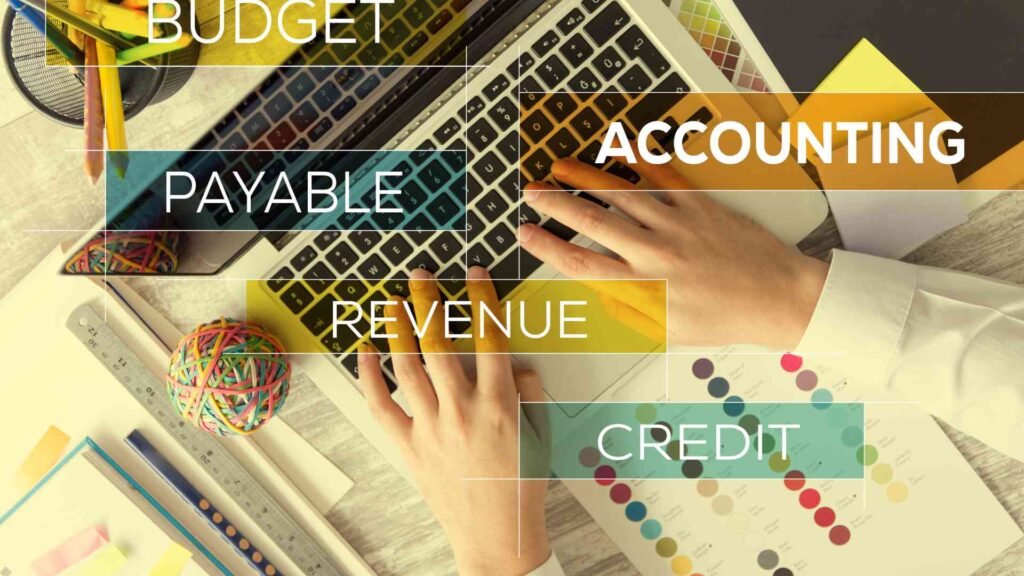The Impact of Technology on Modern Accounting.
In today’s rapidly evolving business landscape, the integration of technology has revolutionized the field of accounting, marking a pivotal shift from traditional practices to dynamic and highly efficient processes. This transformation is not merely a trend but a fundamental redefinition of how financial data is managed, analyzed, and utilized to drive organizational success.
Automation and Efficiency
Technology has automated routine accounting tasks such as data entry, reconciliation, and financial reporting. This automation reduces the burden of manual work on accountants, allowing them to focus on higher-value activities such as strategic analysis and advisory services. Software solutions like QuickBooks and Xero have become indispensable tools, streamlining workflows and minimizing errors that were once commonplace in manual processes.
Real-Time Financial Insights
Cloud computing has enabled real-time access to financial data from anywhere with an internet connection. This capability provides accountants and business owners with instant visibility into their financial performance. They can monitor key metrics, assess profitability, and make timely decisions to capitalize on opportunities or mitigate risks swiftly in response to changing market dynamics. This agility is crucial in maintaining competitiveness and adaptability in today’s fast-paced business environment.
Enhanced Data Security
With the rise of digital transactions and data storage, cybersecurity has become paramount in accounting practices. Advanced encryption techniques, multi-factor authentication, and secure cloud storage solutions ensure the confidentiality and integrity of sensitive financial information. Compliance with data protection regulations such as GDPR and CCPA is facilitated through robust security measures, protecting businesses from cyber threats and potential breaches.
Scalability and Flexibility
Cloud-based accounting platforms offer unparalleled scalability and flexibility, catering to the diverse needs of businesses ranging from startups to multinational corporations. These platforms eliminate the limitations of physical infrastructure, allowing businesses to expand operations seamlessly without the constraints of traditional software installations. Flexible subscription models enable businesses to scale their services and features according to current requirements, optimizing costs and resources effectively.
Strategic Financial Planning
Technological advancements in accounting, such as predictive analytics and machine learning algorithms, empower accountants to perform in-depth financial analysis and forecasting. These tools provide insights into future trends, customer behavior patterns, and market dynamics, enabling businesses to develop robust financial strategies. Strategic financial planning involves optimizing resource allocation, identifying growth opportunities, and mitigating potential risks proactively, thereby enhancing overall business resilience and sustainability.
Conclusion
The ongoing evolution of technology continues to redefine modern accounting practices, empowering accountants and businesses alike with sophisticated tools to streamline operations, enhance data security, and drive informed decision-making. Embracing these technological advancements not only improves efficiency and accuracy in financial management but also positions businesses to thrive in an increasingly digital economy. By leveraging automation, real-time insights, enhanced security measures, scalability, and strategic planning capabilities, businesses can navigate complexities, seize opportunities, and achieve sustained growth in today’s competitive marketplace.








